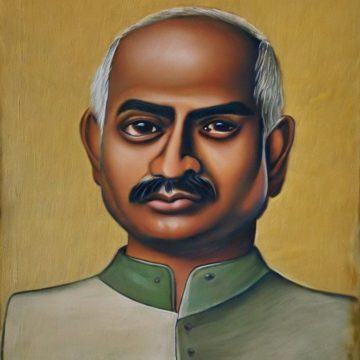S anjay Subramanyam in Sidecar:
anjay Subramanyam in Sidecar:
Ranajit Guha, who died recently in the suburbs of Vienna where he spent the last decades of his life, was undoubtedly one of the most influential intellectuals on the Indian left in the twentieth century, whose shadow fell well beyond the confines of the subcontinent. As the founder and guru (or ‘pope’, as some facetiously called him) of the historiographical movement known as Subaltern Studies, his relatively modest body of written work was read and misread in many parts of the world, eventually becoming a part of the canon of postcolonial studies. Guha relished the cut and thrust of intellectual confrontations for much of his academic career, though he became somewhat quietist in the last quarter of his life, when he took a surprising metaphysical turn that attempted to combine his readings of Martin Heidegger and classical Indian philosophy. This confrontational style brought him both fiercely loyal followers and virulent detractors, the latter including many among the mainstream left in India and abroad.
Guha was never one to tread the beaten path, despite the circumstances of relative social privilege into which he was born. His family was one of rentiers in the eastern part of riverine Bengal (today’s Bangladesh), beneficiaries of the Permanent Settlement instituted by Lord Cornwallis in 1793.
More here.
